Sweet Fabric:
tutorial
How to make doily covered soaps...

How to make pretty lights...
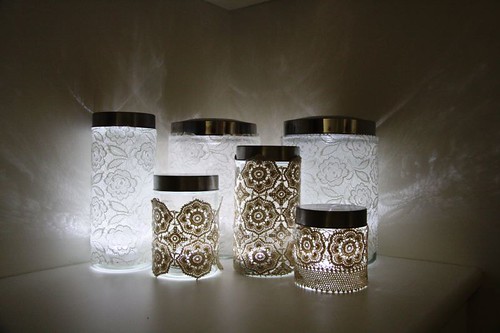
How to make a crochet & cross stitch beanie...
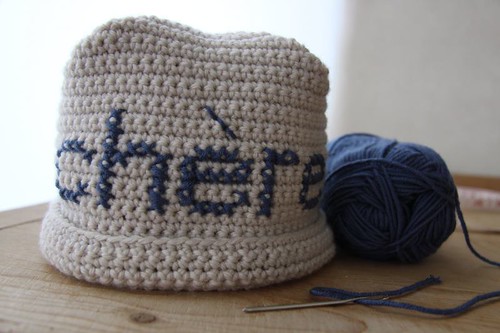
Smokey Sleeves Shrug...
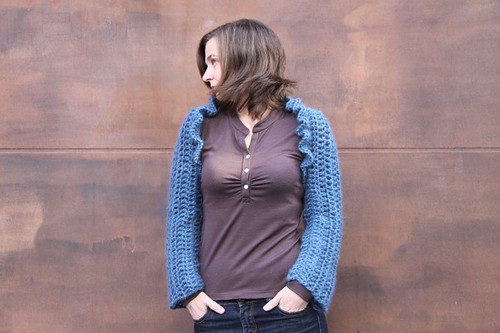
How to make a granny shrug...

How to iron embroidery...
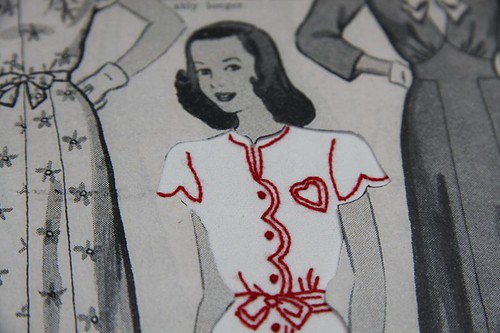
How to Stem Stitch (sort of)...
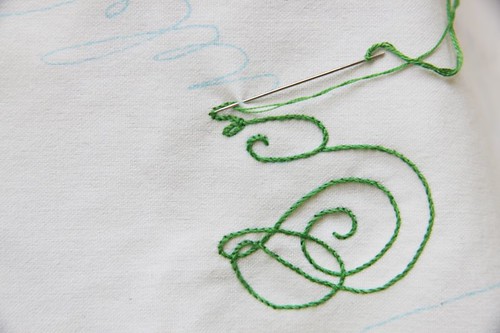
How to embroider a French Knot...
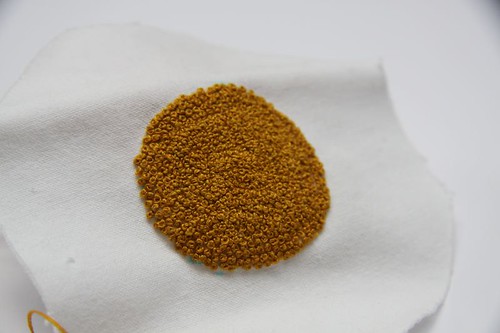
How to make a laptop &/or cookbook stand...

How to make a wrist cuff - faux wood & embroidery...
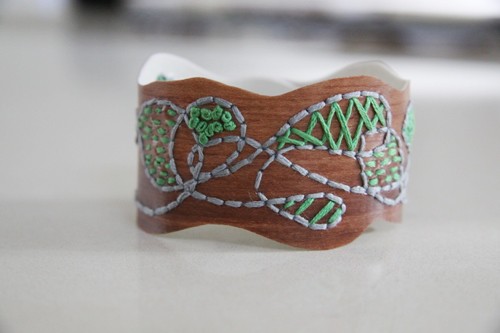
How to make a reversible placemat cover...
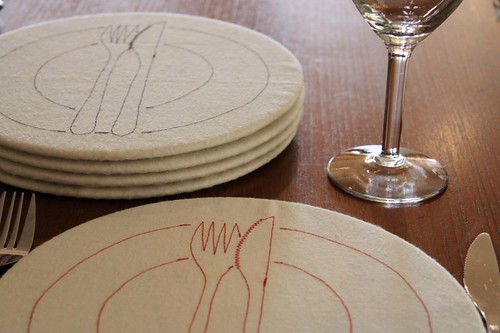
How to make a corner bookmark...
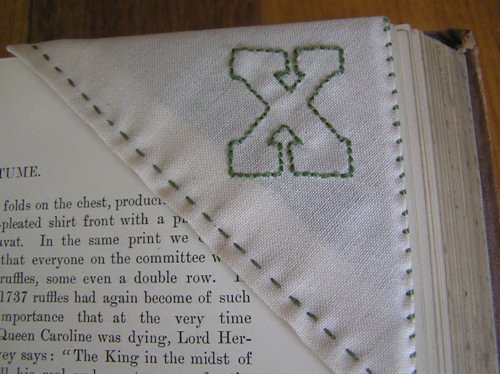
Scruncher or folder?...
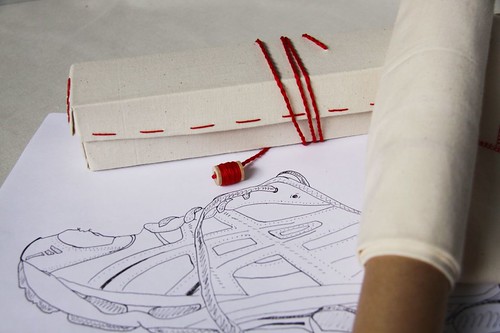
How to make a granny square necklace...
How to make a fabric notebook cover ...
How to - Embroidery on dark fabric...
How to make a simple square pincushion...
How to fold a fat quarter...
Reworking & gifting...
How to make a shoulder bag from a pillowcase...

















